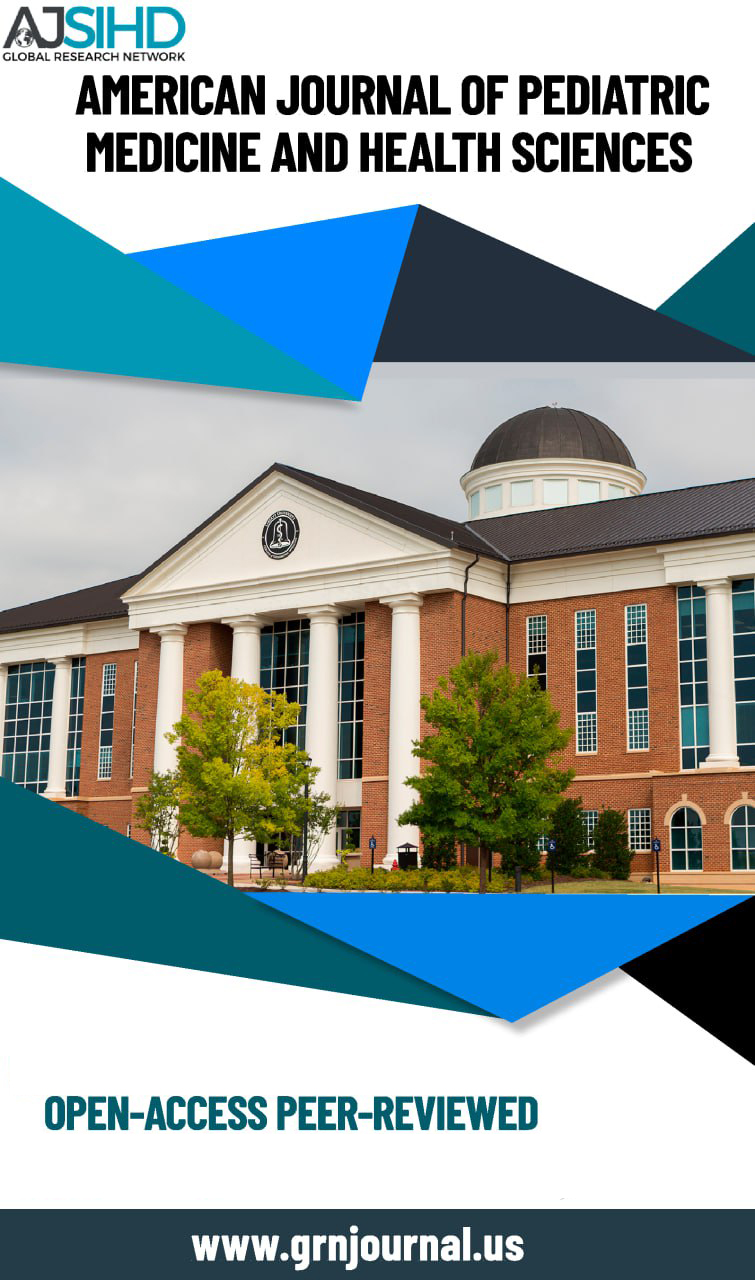Perceptions and Awareness of TB-HIV Co-Infection Risks in Ibadan, Nigeria: Implications for Public Health Interventions
Keywords:
TB-HIV coinfection, perception, risk factors, Nigeria, public health, awareness, co-epidemics.Abstract
Sub-Saharan Africa is grappling with a profound public health challenge, marked by the simultaneous epidemics of tuberculosis (TB) and human immunodeficiency virus (HIV). This co-occurrence, often referred to as the "cursed duet," exerts a devastating impact on individuals, families, communities, and populations. In Nigeria, one of the countries significantly affected, both TB and HIV are pressing public health concerns. The resurgence of TB in this region is largely attributed to the HIV epidemic, disproportionately affecting impoverished populations.
This study focuses on the perceptions and awareness of risk factors associated with TB-HIV coinfection among healthcare attendees in Ibadan, Nigeria. The participant gender distribution in this study was relatively balanced, with women possibly demonstrating higher health awareness. TB/HIV knowledge was moderate, with varying levels of awareness concerning symptoms and transmission modes. Notable risk factors, including persistent cough, anti-TB drug default, smoking, and a history of TB, were perceived by the study population.
Bivariate analysis identified significant associations between coinfection prevalence and factors such as persistent cough, a history of TB, marital status, and CD4 count at HIV diagnosis. These findings underscore the urgent need for targeted health education campaigns to improve awareness of TB-HIV coinfection risk factors, especially emphasizing less recognized symptoms and transmission routes. Health interventions should focus on early detection and treatment of individuals at risk, while healthcare providers should be trained to identify and counsel those with TB-HIV coinfection risk factors. Further research is warranted to explore the reasons behind the gender balance in participation and assess the impact of targeted interventions on knowledge enhancement and coinfection risk reduction.








